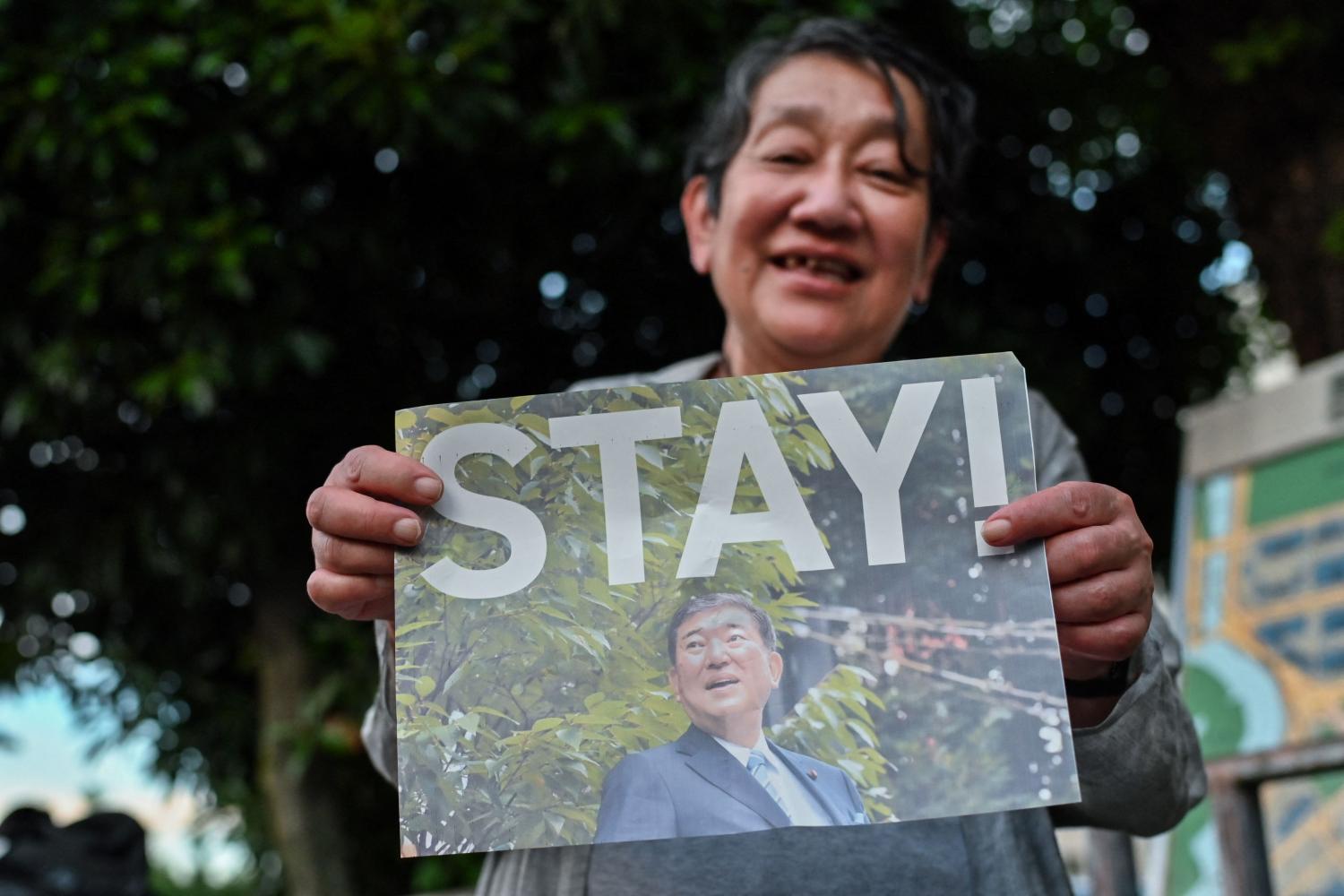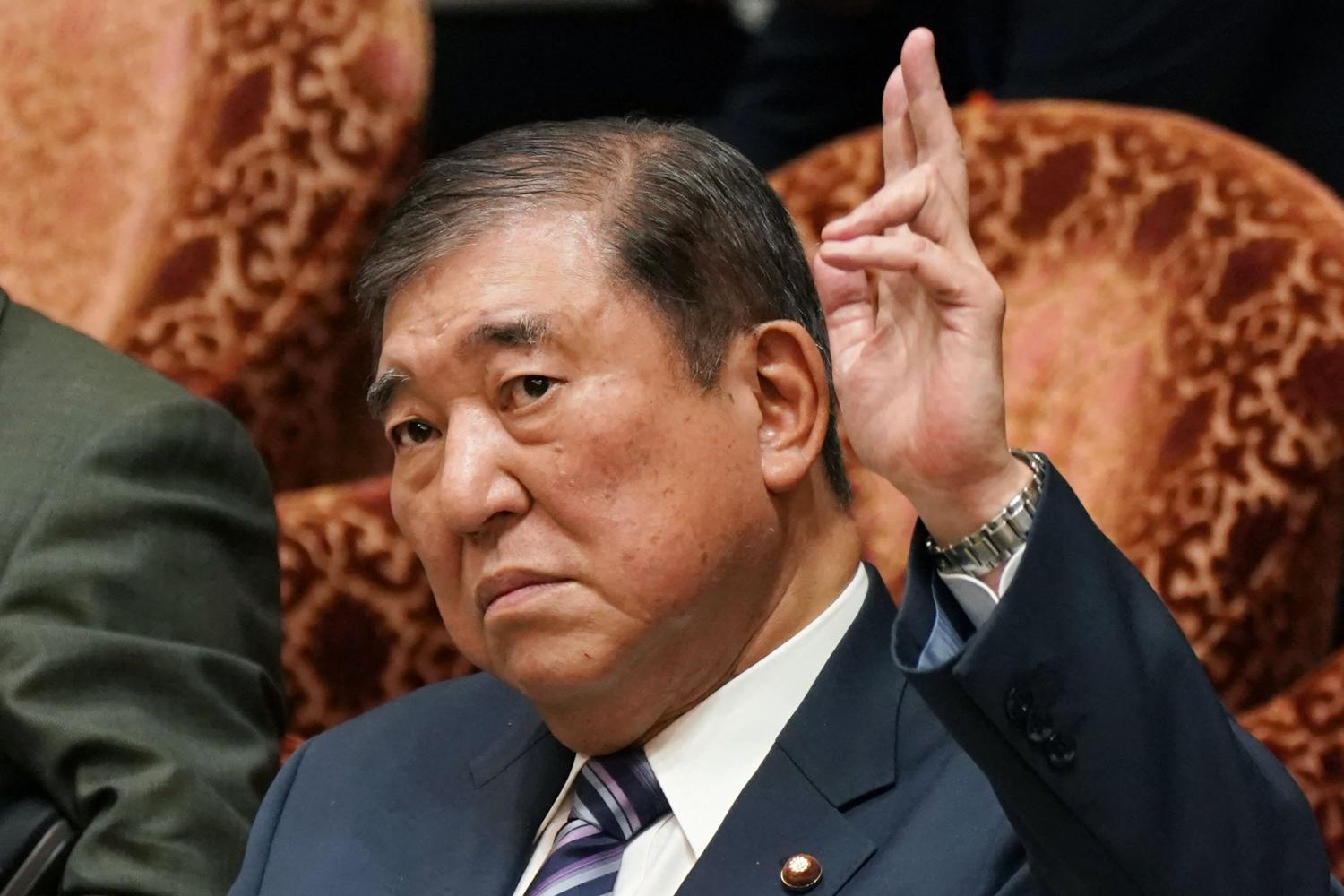Showing 1 - 10 of 262
Ishiba's exit may lead to turmoil
News, Published on 28/07/2025
» Prime Minister Shigeru Ishiba's resignation could herald a political turmoil in Japan, as no decisive winner emerged from the latest House of Councillors election, in which the ruling bloc suffered a major setback.
Ishiba's summit absence shows lack of Nato faith
Oped, Published on 21/07/2025
» Since a Japanese prime minister first attended a Nato summit in 2022, Japan has sent its highest-level representative to the event for three consecutive years. Russia's full-scale invasion of Ukraine in February 2022 was a key catalyst for Tokyo's decision to attend that year, and the 2025 summit in The Hague would have marked the fourth consecutive appearance by a Japanese leader.
Japan’s fertility rate hits record low
Bloomberg News, Published on 04/06/2025
» TOKYO — Japan’s fertility rate declined in 2024 for the ninth consecutive year, reaching another historical low that underscores the immense challenge facing the government as it attempts to reverse the trend in one of the world’s most aged societies.
Impeached S. Korean president faces second arrest threat
Bloomberg News, Published on 08/01/2025
» SEOUL — South Korea’s anti-corruption watchdog has secured a warrant extension to arrest impeached President Yoon Suk Yeol and a second attempt to take the embattled leader into custody could happen as early as Wednesday.
Japan faces upheaval as LDP bloc loses majority
News, Published on 29/10/2024
» Japan faces a period of political instability after the ruling coalition failed to win a majority in parliament for the first time since 2009, setting up a race among two main blocs to form a government.
Japan faces political upheaval as LDP coalition loses majority
Bloomberg News, Published on 28/10/2024
» TOKYO - Japan faces a period of political instability after the ruling coalition failed to win a majority in parliament for the first time since 2009, setting up a race among two main blocs to form a government.
Japanese election to test ruling party
Published on 26/10/2024
» TOKYO - Voters in Japan could end more than a decade of Liberal Democratic Party dominance on Sunday, forcing the ruling party into power-sharing deals that could undermine the country’s leadership.
Incoming Japanese PM calls for end to deflation
Published on 27/09/2024
» TOKYO - Japan’s incoming prime minister Shigeru Ishiba on Friday stressed the need for the country’s economy to fully emerge from deflation.
PM's resignation opens the door to a chaotic era
News, Published on 16/08/2024
» In the end, Fumio Kishida could not escape the pull of gravity.
Japan PM Kishida to step down in September
Reuters, Published on 14/08/2024
» TOKYO - Japanese Prime Minister Fumio Kishida will step down as ruling party leader in September, media reported on Wednesday, ending a three-year term marked by rising prices and marred by political scandals.












